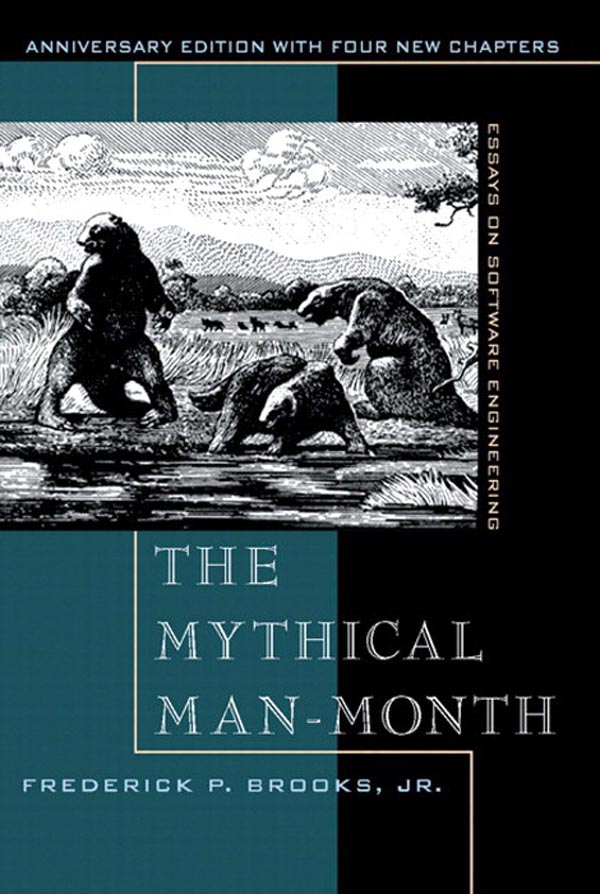

Management theory came to life in 1899 with a simple question: “How many tons of pig iron bars can a worker load onto a rail car in the course of a working day?” The man behind this question was Frederick Winslow Taylor, the author of The Principles of Scientific Management and, by most accounts, the founding father of the whole management business. It thickened the mystery around the question that had nagged me from the start of my business career: Why does management education exist? As I plowed through tomes on competitive strategy, business process re-engineering, and the like, not once did I catch myself thinking, Damn! If only I had known this sooner! Instead, I found myself thinking things I never thought I’d think, like, I’d rather be reading Heidegger! It was a disturbing experience. Partly, I wanted to “process” my own experience and find out what I had missed in skipping business school. experience was that it involved taking two years out of your life and going deeply into debt, all for the sake of learning how to keep a straight face while using phrases like “out-of-the-box thinking,” “win-win situation,” and “core competencies.” When it came to picking teammates, I generally held out higher hopes for those individuals who had used their university years to learn about something other than business administration.Īfter I left the consulting business, in a reversal of the usual order of things, I decided to check out the management literature. As a principal and founding partner of a consulting firm that eventually grew to 600 employees, I interviewed, hired, and worked alongside hundreds of business-school graduates, and the impression I formed of the M.B.A. The strange thing about my utter lack of education in management was that it didn’t seem to matter. Before I took a job telling managers of large corporations things that they arguably should have known already, my work experience was limited to part-time gigs tutoring surly undergraduates in the ways of Hegel and Nietzsche and to a handful of summer jobs, mostly in the less appetizing ends of the fast-food industry. I have a doctoral degree in philosophy-nineteenth-century German philosophy, to be precise.


Those who saw through my disguise assumed I made up for my youth with a fabulous education in management. I became pretty good at furrowing my brow and putting on somber expressions. During the seven years that I worked as a management consultant, I spent a lot of time trying to look older than I was.


 0 kommentar(er)
0 kommentar(er)
